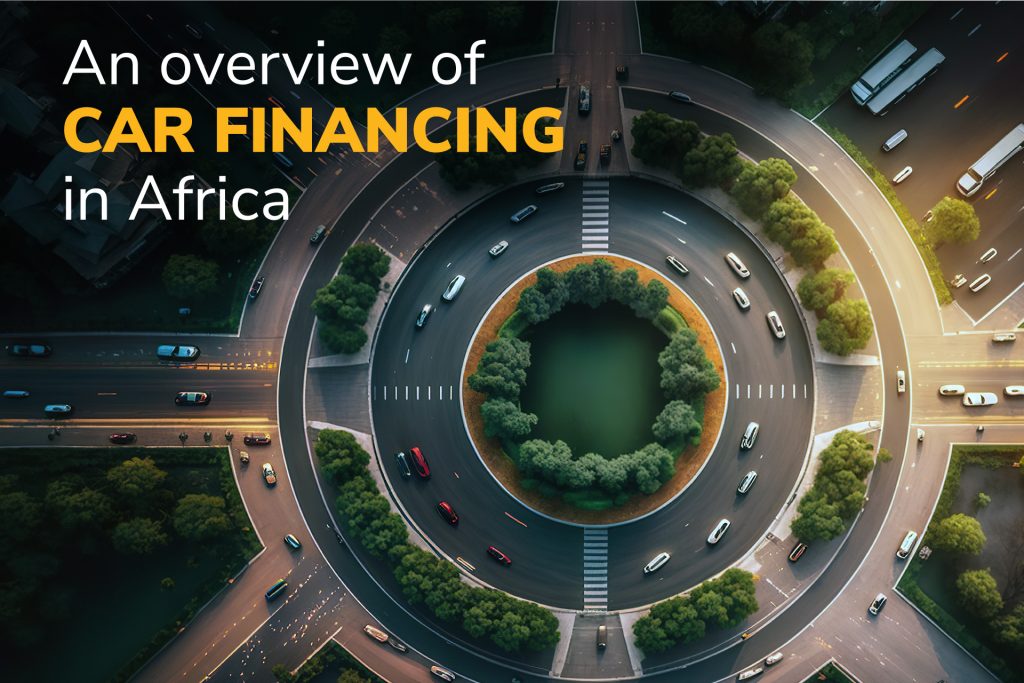Blog/ Autochek Marketing
Owning a car in the modern age has become a necessity to most people. It often shows progress in life or in businesses. Factors such as urbanization, economic growth and a growing middle class have driven the steady rise in the demand for for automobiles in the last decade. The high upfront cost of purchasing a vehicle often poses a significant barrier to ownership. This is mostly people due to low salary incomes or financial constraints.
To overcome this challenge, car financing options have gained traction in recent years. Financing provides individuals and businesses with the means to acquire vehicles through installment plans. A down-payment is required and it can range from 20-50% of the value of the unit. Loan tenures vary but range between 3 to 5 years. Interest rates which tend to be a little high depending on the financier, on average range between 12% to 48% per annum.
Lenders use the customer’s data including the history of the customer’s previous loans. This helps review their creditworthiness and risk assessment before making any approvals.
What role does Autochek play in the future of financing in Africa?
Since its launch in 2020, Autochek Africa has since opened 9 markets across the continent. Autochek has partnered with banks, micro-finances, garages and car dealers in various countries. A single application on the website or on the dealer app is shared to multiple lenders who then share their offers. The platform has also processed over 80,000 car loan applications.
Speaking during AFS launch in 2022, the CEO Etop Ikpe, “We want to empower Africans with seamless access to vehicle financing. Additionally, we are looking to deliver more solutions to bridge the affordability gap and make it easier for more Africans to purchase the vehicles they want.”
As the demand for car financing continues to grow, automated processes in processing customer documents come in handy. AFS (Autochek Financial Services) is an instrumental part of the company. Data analytics power the new credit system to boost real time fast approvals. The manual process of underwriting is now a thing of the past. Customers upload their documents on the website, and the system instantly provides offers.
Conclusion
Car financing has opened doors to vehicle ownership for many Africans. Not only does it promote overall economic growth, it also facilitates personal and business mobility. With a range of financing options available, individuals and businesses can now fulfill their aspirations of owning a car with ease. It is important to note that while progress is being made, sustained efforts are required to address the underlying challenges and promote inclusive car financing across the continent.
